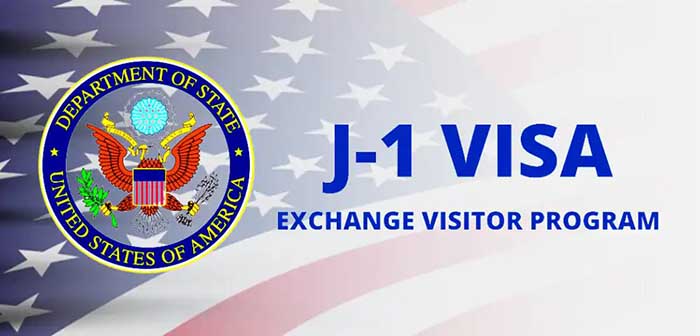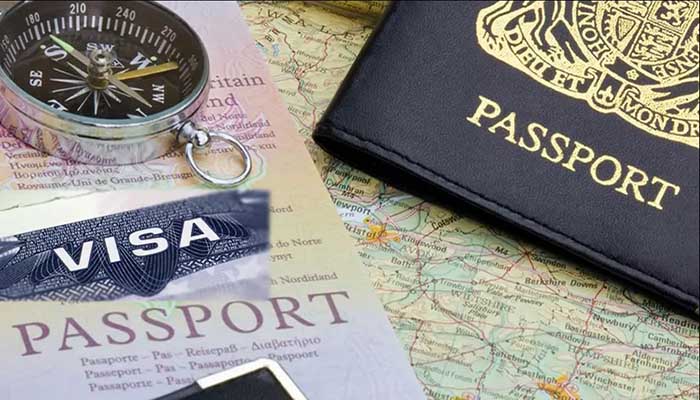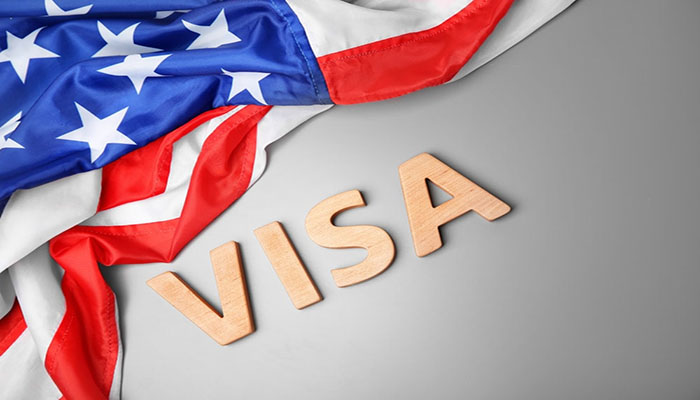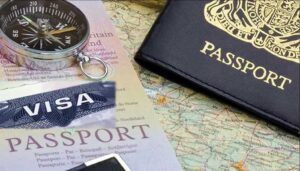G-1&J-2 visa

The J-1 visa is a non-immigrant visa issued by the United States for individuals approved to participate in exchange visitor programs. These programs are designed to promote cultural exchange, enhance professional skills, and provide opportunities for academic growth. Below is a detailed guide to understanding the J-1 visa, its categories, application process, and key considerations.
Categories of the J-1 Visa
- Au Pair: Participants live with a host family and provide childcare services while pursuing educational opportunities.
- Camp Counselor: Individuals work in U.S. summer camps, engaging in activities that promote cultural exchange.
- College and University Student: Allows international students to participate in degree or non-degree programs in the U.S.
- Government Visitor: Promotes collaboration and relationship-building among distinguished visitors and U.S. counterparts.
- Intern: Offers current students or recent graduates practical training and exposure to U.S. business practices.
- Physician: For medical graduates participating in U.S. residency or training programs at accredited institutions.
- Professor and Research Scholar: Facilitates teaching, lecturing, or conducting research in the U.S.
- Secondary School Student: High school students study in U.S. institutions and live with host families.
- Short-Term Scholar: Engages academics in brief research, teaching, or observation activities.
- Specialist: Encourages individuals with specialized skills to share expertise.
- Summer Work Travel: Postsecondary students work and explore the U.S. during summer breaks.
- Teacher: Allows educators to teach in U.S. primary and secondary schools.
- Trainee: Provides training opportunities to professionals to gain exposure to U.S. workplace culture.
Steps for Applying for a J-1 Visa
- Find a Designated Sponsor: Applicants must first identify and be accepted into an exchange program run by a designated sponsor organization. Sponsors are responsible for issuing the necessary documentation and guiding participants through the process.
- Obtain Form DS-2019: Once accepted, the program sponsor will issue Form DS-2019, the Certificate of Eligibility for Exchange Visitor Status. This document outlines program details, duration, and associated costs.
- Pay the SEVIS Fee: The SEVIS (Student and Exchange Visitor Information System) I-901 fee must be paid to activate the record in the U.S. system.
- Complete the DS-160 Form: Applicants must fill out the Nonimmigrant Visa Application (DS-160) form online and print the confirmation page.
- Schedule and Attend an Interview: Schedule an interview at a U.S. embassy or consulate. Required documents include:
- Valid passport
- Form DS-2019
- DS-160 confirmation page
- Payment receipt for the visa application fee
- A recent passport-sized photograph
- Attend the Visa Interview: During the interview, applicants must demonstrate their intent to return home after completing the program and provide evidence of sufficient financial support.
Key Considerations
- Two-Year Home-Country Requirement: Certain J-1 visa holders must return to their home country for at least two years after their program ends before applying for certain U.S. visas or permanent residency. This condition applies to individuals whose program is funded by the U.S. government, their home government, or involves specialized skills in high demand in their home country.
- Employment Restrictions: Participants can only work in roles explicitly authorized by their program sponsor.
- Health Insurance Requirement: All J-1 visa holders and their dependents must maintain health insurance that meets U.S. Department of State requirements.
- Dependents: Spouses and children (under 21) of J-1 visa holders may qualify for J-2 visas, allowing them to accompany the primary participant. J-2 visa holders may also apply for work authorization in the U.S.
Benefits of the J-1 Visa
- Provides a structured framework for cultural exchange.
- Offers participants an opportunity to experience life and work in the U.S.
- Facilitates international collaboration and professional development.
Benefits for J-2 Visa Holders
- Opportunity to live in the U.S. alongside the J-1 visa holder.
- Eligibility to apply for work authorization, enabling employment in the U.S.
- Access to educational institutions, allowing spouses and children to study.
- Experience cultural immersion and the chance to build international connections.




